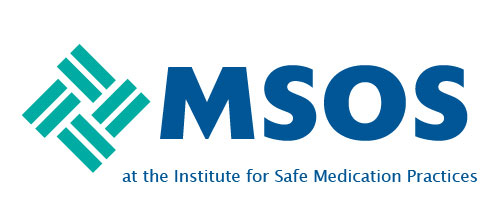Retrospective cohort study of wrong-patient imaging order errors: how many reach the patient?
Studying near-miss errors is essential to preventing errors from reaching patients. When an error is committed, it may be intercepted (near-miss) or it will reach the patient; estimates of the proportion that reach the patient vary widely. To better understand this relationship, we conducted a retrospective cohort study using two objective measures to identify wrong-patient imaging order errors involving radiation, estimating the proportion of errors that are intercepted and those that reach the patient. This study was conducted at a large integrated healthcare system using data from 1 January to 31 December 2019. The study used two outcome measures of wrong-patient orders: (1) wrong-patient orders that led to misadministration of radiation reported to the New York Patient Occurrence Reporting and Tracking System (NYPORTS) (misadministration events); and (2) wrong-patient orders identified by the Wrong-Patient Retract-and-Reorder (RAR) measure, a measure identifying orders placed for a patient, retracted and rapidly reordered by the same clinician on a different patient (near-miss events). All imaging orders that involved radiation were extracted retrospectively from the healthcare system data warehouse. Among 293 039 total eligible orders, 151 were wrong-patient orders (3 misadministration events, 148 near-miss events), for an overall rate of 51.5 per 100 000 imaging orders involving radiation placed on the wrong patient. Of all wrong-patient imaging order errors, 2% reached the patient, translating to 50 near-miss events for every 1 error that reached the patient. This proportion provides a more accurate and reliable estimate and reinforces the utility of systematic measure of near-miss errors as an outcome for preventative interventions.
